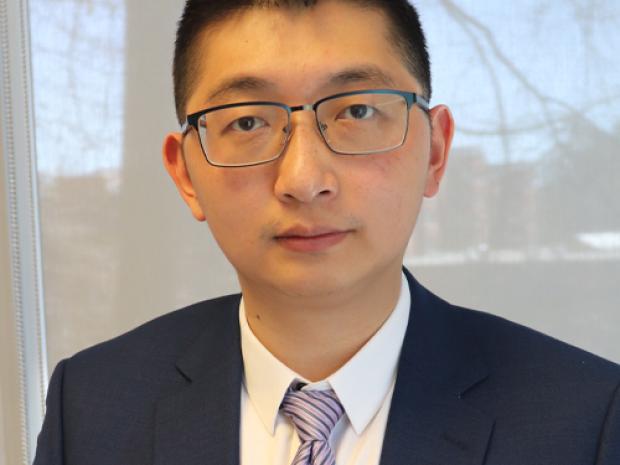QDA: Quantum Design Automation Toward Practical Quantum Computing

Speaker
Weiwen Jiang,Ph.D., Assistant Professor
George Mason University
Title
"QDA: Quantum Design Automation Toward Practical Quantum Computing"
Abstract
Before the advent of Electronic Design Automation (EDA) in the mid-1970s, integrated circuits were meticulously crafted by hand, relying on manual layout processes. Similarly, the field of quantum computing is presently in its nascent stage, marked by the prevalent use of ad-hoc and manual-design approaches in quantum circuit design. This methodology, reminiscent of the early days of classical integrated circuits, presents a challenge to the evolution of practical quantum computing. In response to this challenge, there is a growing imperative for the development of a quantum analog to EDA --- Quantum Design Automation (QDA). This quantum-centric EDA aims to provide a systematic and automated framework for the design of quantum circuits, marking a crucial step towards overcoming the current impediments in the path to practical quantum computing.
The distinctions between classical bits and quantum qubits --- binary vs. superposition, independent vs. entanglement --- add complexity to QDA development. The inherent instability of quantum noise further compounds challenges. This talk undertakes a comprehensive comparison between classical and quantum computing design stacks, elucidating the intricacies introduced by qubit properties. Addressing the impact of unstable noise becomes central, providing insights into the necessities, obstacles, and opportunities in QDA. The talk outlines automated optimizations at various layers to tailor circuits to current noise, ultimately enhancing runtime fidelity. Finally, preliminary results employing quantum learning for real-world applications are presented, offering a glimpse into the potential advancements facilitated by QDA in the realm of practical quantum computing.
About Speaker
Dr. Weiwen Jiang is an Assistant Professor in the ECE department at George Mason University. Prior to joining Mason, he served as a Post-Doctoral Researcher at the University of Notre Dame and as a research scholar at the University of Pittsburgh. During this period, Dr. Jiang focused on Electric Design Automation (EDA), earning acclaim with three Best Paper Awards in IEEE TCAD’21, ICCD’17, and NVMSA’15. He also received four Best Paper Nominations in ASP-DAC’16, DAC’19, CODES+ISSS’19, and ASP-DAC’20. Dr. Jiang's contributions extend beyond traditional academia, evidenced by his Top Winning Award at the IEEE Services Hackathon and two Best Demonstrations in IEEE/ACM University Demo.
In 2019, he embarked on a new research adventure in quantum computing. His initial work, published at Nature Communications, pioneered the co-design of quantum circuits and neural architectures. With the ultimate goal of practically using quantum computers for real-world applications, Dr. Jiang is actively involved in Quantum Design Automation, aiming to address interpretability and reproducibility challenges. His recent efforts in this field were recognized with a Best Paper Award at IEEE QuantumWeek’2023 and a Best Poster Award at ORNL’s Quantum Computing User Forum 2023. Dr. Jiang's research in this quantum line is currently supported by Industry, DoE, and NSF.

